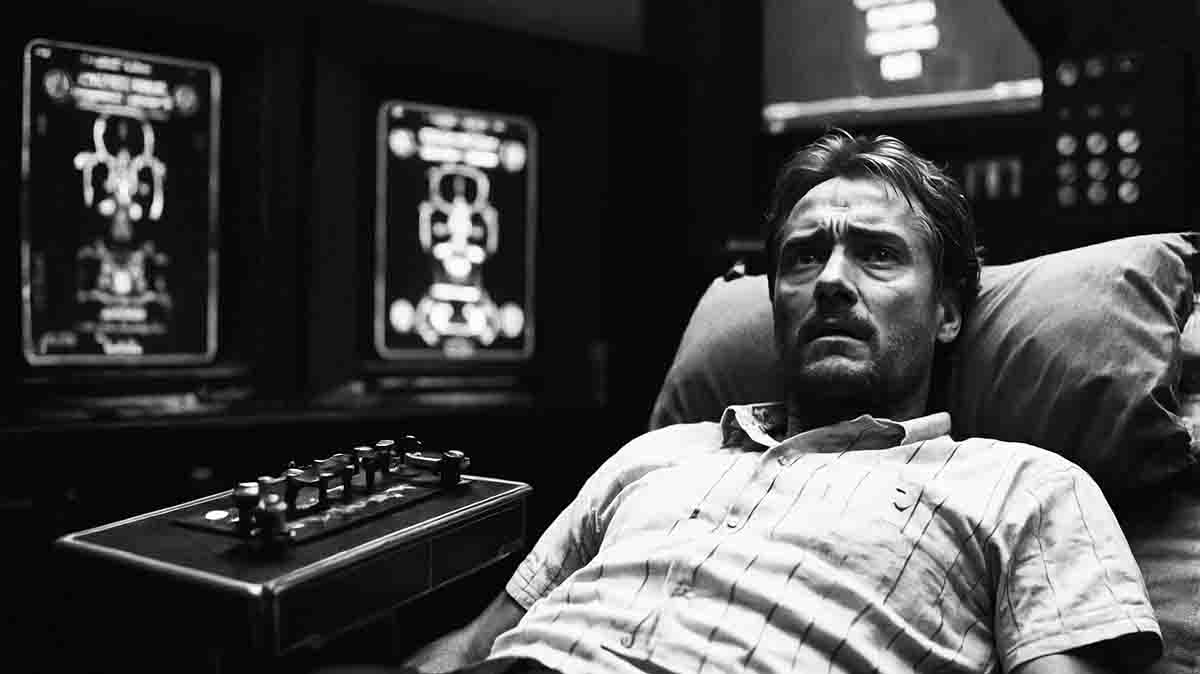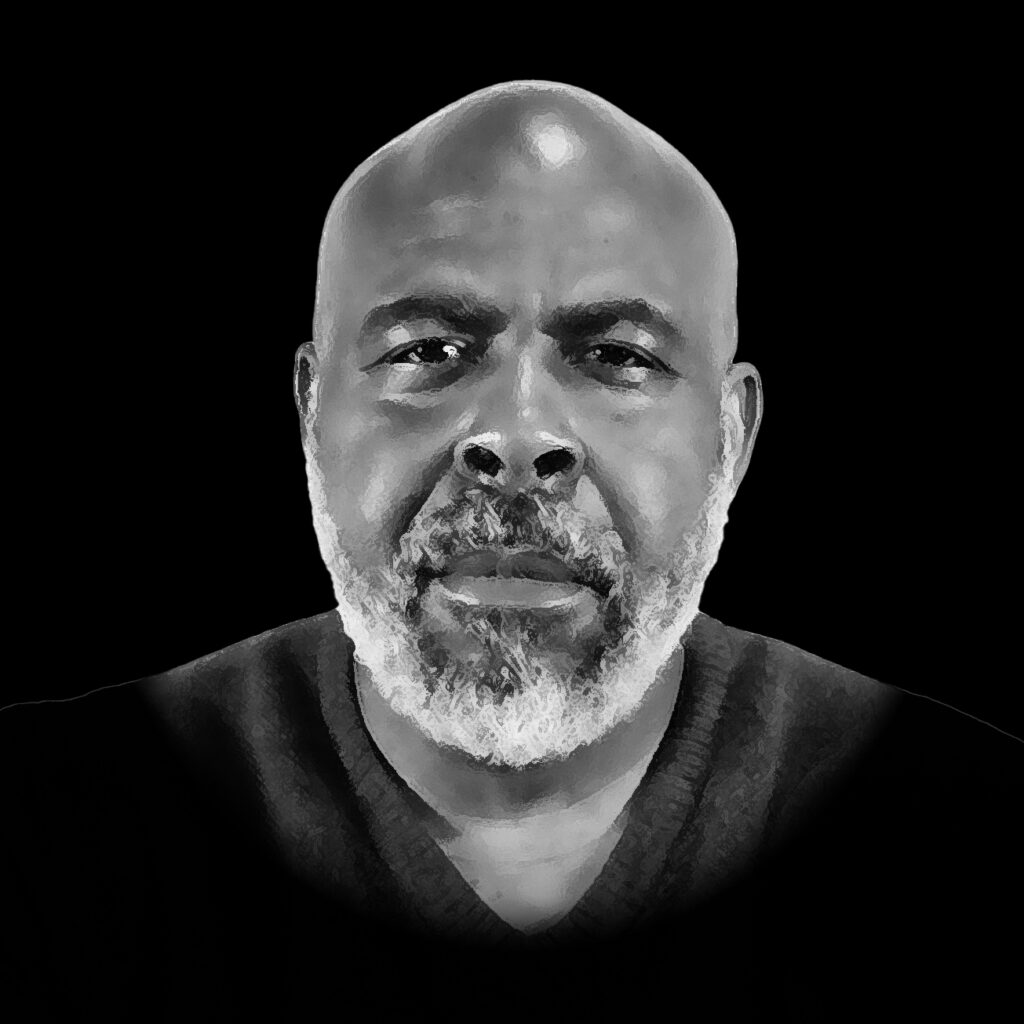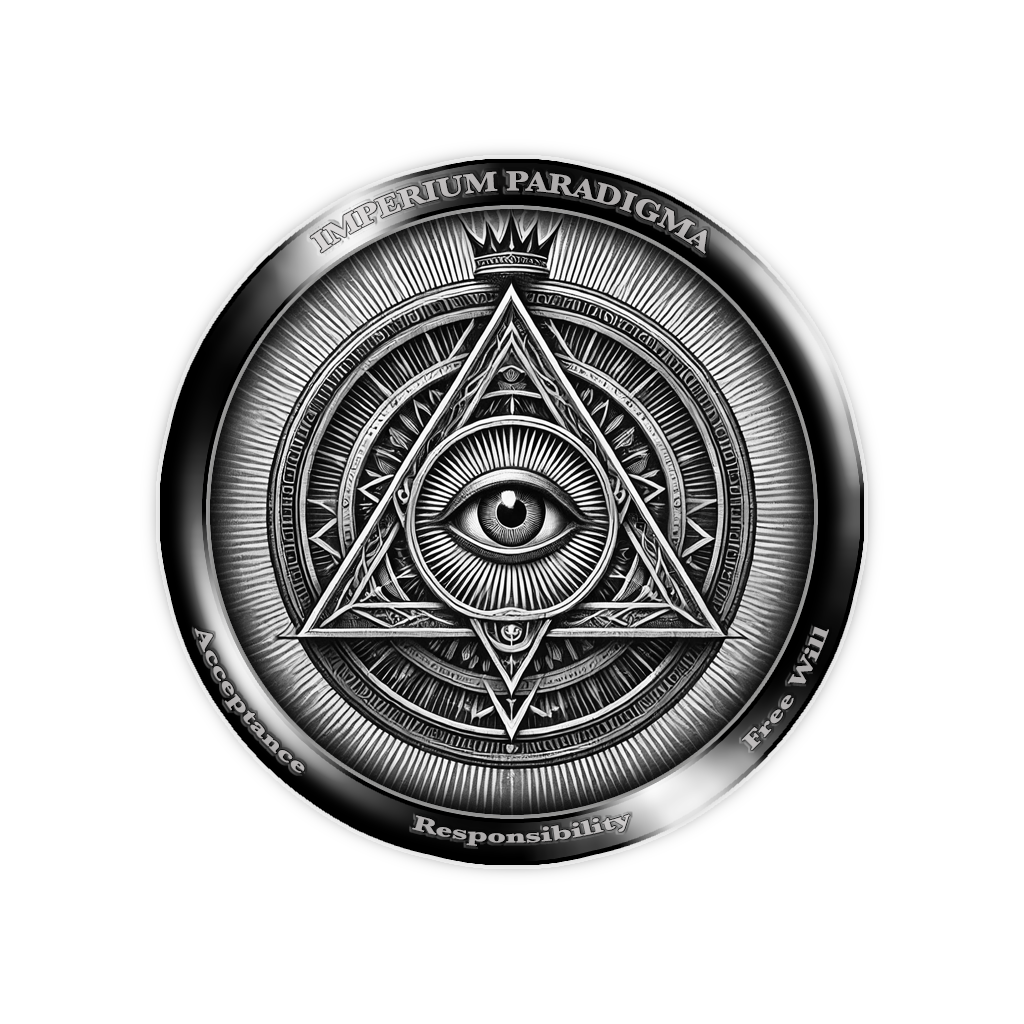Understanding the Fear of Death: Insights from Napoleon Hill
In his book Think and Grow Rich, Napoleon Hill outlines six basic fears that hold people back from achieving their full potential. One of the most profound of these fears is the fear of death. While death is an inevitable part of life, this fear can have a profound impact on our mental and emotional well-being.
Let’s dive into what Napoleon Hill says about the fear of death, where it comes from, and how we can begin to break free from it.
The Roots of the Fear of Death
The fear of death is often considered the most intense of all fears. It is so deeply ingrained in our minds that it can impact the way we live, making us hesitant to fully engage with life. According to Hill, this fear is often fueled by religious beliefs that promise rewards or punishments after death. Throughout history, many religious leaders have capitalized on the unknowns of life and death, offering answers to existential questions like, “Where did I come from?” and “Where am I going when I die?”
The fear of eternal punishment, often painted as a fiery, never-ending torment, has been used to control and manipulate people. The idea that we might have made a wrong choice in our beliefs can be terrifying and paralyzing. As Hill notes, the thought of eternal damnation has driven many to the brink of madness, robbing them of the joy of living.
The Paradox of Religious Conviction
One of the most interesting aspects Hill explores is the paradox that comes with religious conviction. Different belief systems claim to have the answer to life after death. With over 30,000 gods and deities worshipped throughout history, each offering their own version of what happens after death, it’s easy to see how this uncertainty breeds fear.
People often place their faith in one belief system, only to wonder if they’ve made the right choice. What if they’ve chosen incorrectly? This anxiety, rooted in the fear of making a mistake about the afterlife, perpetuates the cycle of fear and uncertainty.
As Hill explains, “no man knows and no man has ever known what heaven or hell is like.” This lack of definitive knowledge leaves the door wide open for fear to thrive.
The Fear of Death in Today’s World
Despite the uncertainty surrounding death, the fear of it remains a major obstacle for many people. Hill suggests that the fear of death is, in part, a result of our inability to answer the fundamental questions about life and death. If we don’t have a clear understanding of where we come from and where we’re going, the fear of death can become overwhelming.
But why do we fear something that is certain? The cycle of life is inevitable—death is a natural part of it. In fact, Hill proposes that death is not an end, but a mere transition. In the grand scheme of things, life and death are energy forms. Just as energy cannot be created or destroyed, life cannot be destroyed. It may be transformed, but it doesn’t cease to exist.
Letting Go of the Fear of Death
To truly break free from the fear of death, we need to shift our perspective. Death is not something to be feared but something that happens naturally as part of life’s journey. By embracing this truth, we can let go of the anxiety and fear that grips us.
Hill emphasizes that the greatest remedy for the fear of death is living a life full of purpose. A person with a burning desire to achieve and serve others is too focused on the present to dwell on the inevitability of death. The more we engage with life and find meaning in our daily actions, the less power the fear of death has over us.
Identifying the Fear of Death in Ourselves and Others
How can we recognize the fear of death, both in ourselves and in those around us? Hill highlights a few key symptoms of this fear:
- A preoccupation with thoughts of dying instead of embracing life
- A lack of purpose or meaningful occupation, which leaves space for fear to grow
- Physical symptoms related to poor health, poverty, or existential despair
In some cases, the fear of death may also stem from fears of leaving loved ones behind in poverty or being consumed by illness. However, Hill’s message is clear: to overcome this fear, we need to channel our energy into purposeful action.
The Power of Living a Fulfilling Life
The greatest antidote to the fear of death is a fulfilling life. When we focus on our passions, cultivate our talents, and serve others, we begin to see life as an opportunity rather than something to fear. Hill encourages us to approach life with a mindset of achievement and fulfillment. By doing so, we not only overcome the fear of death but also unlock the full potential of our lives.
Conclusion: Embrace Life, Let Go of Fear
The fear of death is something that has plagued humanity for centuries, yet it doesn’t have to control us. By acknowledging death as a natural transition and living a life full of purpose, we can release the grip that fear has on us.
Remember, death is inevitable, but so is the opportunity to live fully. As Hill reminds us, “We shall all be changed,” and that change is nothing to fear. The best way to face death is by living a life that is meaningful, productive, and fulfilling.
By incorporating these insights into our daily lives, we can start to let go of the fear of death and embrace the fullness of life.
Peace.


